Times change, and so do the unspoken rules about what’s okay and what’s not.
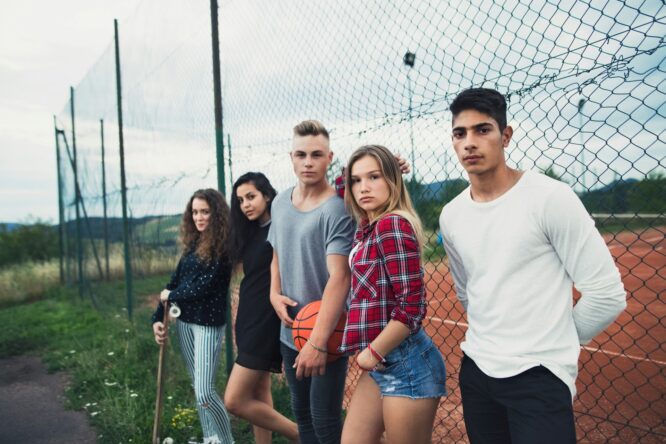
However, some of today’s everyday behaviours would’ve been almost unthinkable to kids just a couple of decades ago. Whether it’s down to tech, parenting trends, or cultural changes, there are things now considered normal that would’ve felt downright disrespectful or wild back then. Here are the ones that stand out most.
1. Ignoring someone while staring at your phone

Twenty years ago, if someone was talking to you, and you didn’t look up, you’d be told off for being rude. Making eye contact was expected—it was just basic respect. Not acknowledging someone? That wasn’t casual. It was offensive.
Today, phones are everywhere. Kids scroll through messages, watch videos, or play games mid-conversation, and it’s often brushed off as normal. The bar for what counts as “engaged” has dropped, and many don’t even notice they’re doing it anymore.
2. Talking back to teachers or adults without hesitation

Back then, questioning authority, especially in front of other people, was risky. Even a sarcastic remark could earn you detention, or at the very least, a sharp telling-off. Adults were automatically given a certain level of respect, whether earned or not.
Now, some kids talk to teachers like they’re peers, pushing boundaries in a way that would’ve been shocking two decades ago. While speaking up is encouraged in some contexts, the line between confidence and disrespect gets blurry fast.
3. Filming strangers for online content

In the early 2000s, recording someone without their knowledge felt invasive. Most kids wouldn’t dream of filming someone in public just to laugh about it with friends—let alone post it online for likes or views.
Now, it’s common to see strangers unknowingly featured in TikToks or reaction videos. Whether it’s someone dancing badly, dressing oddly, or having a moment, public spaces have turned into digital stages, and privacy is often an afterthought.
4. Refusing to say thank you without a second thought

Manners were drilled into kids just a generation ago. You said “please” and “thank you” like it was automatic, or risked a firm reminder in front of everyone. Gratitude wasn’t optional, it was expected. Today, those phrases aren’t always a given. Some kids might accept help or gifts without acknowledging them, not out of malice, but because that habit just isn’t as deeply reinforced. What once felt like bare-minimum politeness is now less consistent.
5. Recording fights or bullying instead of helping
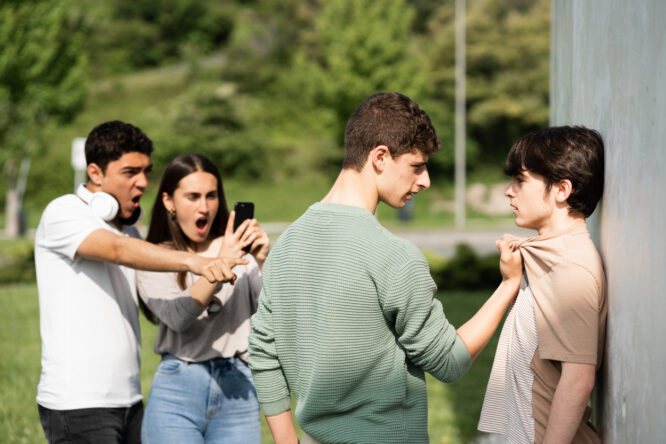
Years ago, if something violent happened at school, most kids looked away, or ran to find a teacher. The idea of pulling out a phone to film it instead would’ve seemed shocking, even disturbing. Now, videos of fights or confrontations are often shared like entertainment. For some, the goal is going viral, not intervening. It’s a harsh change, where witnessing someone’s worst moment can become instant content.
6. Swearing freely around adults
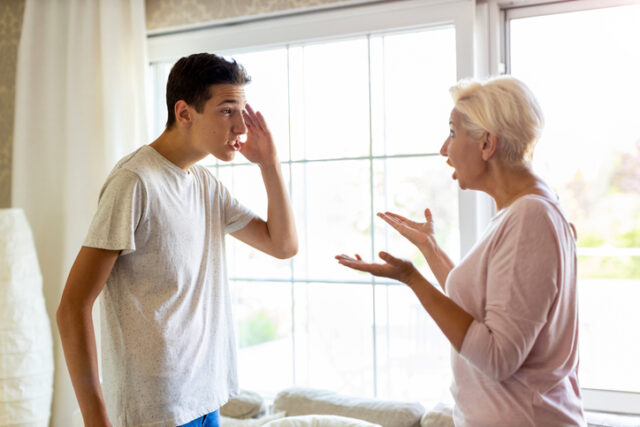
Cursing in front of parents, teachers, or even older siblings used to be a big deal. If you let one slip, you might get grounded, scolded, or made to apologise. You definitely didn’t swear casually and walk away from it. Today, swear words have become more embedded in everyday speech, even among younger kids. Many now use them in conversation without thinking twice, and while not everyone is okay with it, it doesn’t carry the same weight it once did.
7. Tuning out of real life in favour of a screen
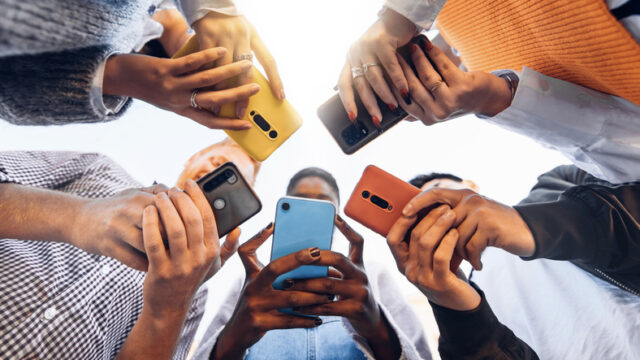
Twenty years ago, being bored meant figuring out how to entertain yourself—reading, playing, talking. You had to be present, even if you didn’t feel like it. Zoned-out screen time was a rare luxury, not a default setting.
Now, it’s common to see kids absorbed in phones or tablets, even in social situations. Whole family dinners, classroom moments, and events pass by with heads down and earbuds in. Presence isn’t a given anymore; it’s something you have to consciously ask for.
8. Making fun of someone’s appearance online
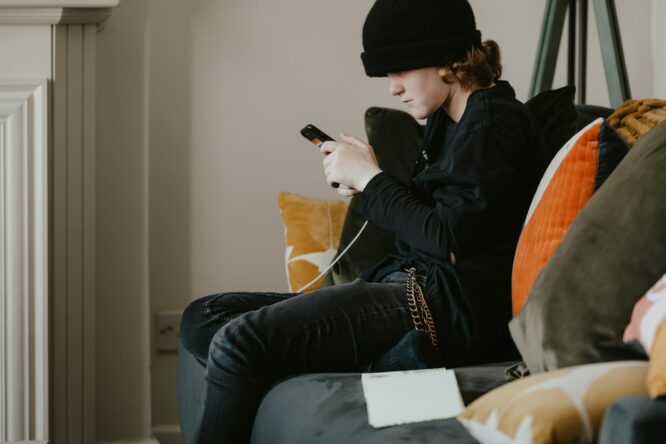
While teasing definitely existed, most kids in the early 2000s wouldn’t mock someone’s looks in writing for the whole world to see. Insults happened face to face, and there was at least some sense of consequence.
Now, comment sections are full of jokes at strangers’ expense. From appearance to voice to style, nothing feels off-limits—and anonymity makes it even easier. The internet turned casual cruelty into entertainment for some, and that change is hard to ignore.
9. Refusing to greet relatives or guests

If guests came over, you said hello. If your nan called, you answered with a smile and polite conversation, even if it was awkward. Not greeting someone was a guaranteed source of embarrassment (and probably a quiet scolding later). Now, it’s common to see kids skip the greetings altogether, hiding away in their rooms or answering with a quick grunt. There’s less expectation to perform social niceties, especially when parents don’t enforce them consistently anymore.
10. Expecting instant gratification for everything
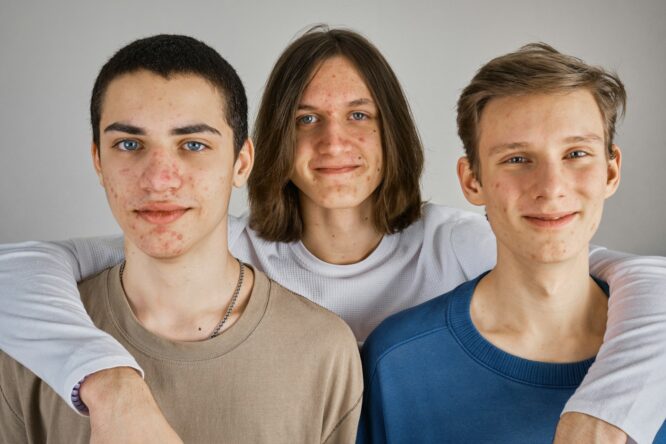
In the early 2000s, you waited—for TV shows, dial-up internet, or even to call your friend after dinner. Waiting wasn’t fun, but it was normal. You didn’t expect everything to be available the second you wanted it. Today, with same-day delivery and streaming on demand, patience has taken a backseat. Many kids grow up rarely having to delay gratification, which can make waiting feel like a personal injustice instead of just life.
11. Speaking to service workers with zero patience

Back then, even if you were annoyed at slow service, you were expected to be polite. Kids watched their parents model “thank you” and “no worries” in shops, and learned to do the same. Kindness wasn’t optional; it was expected in public spaces.
Now, it’s not unusual to hear sighs, snapping, or even rude comments aimed at staff. With so much focus on “customer rights,” a lot of the mutual respect has vanished, and younger generations are growing up seeing that as the norm.
12. Treating public spaces like personal zones
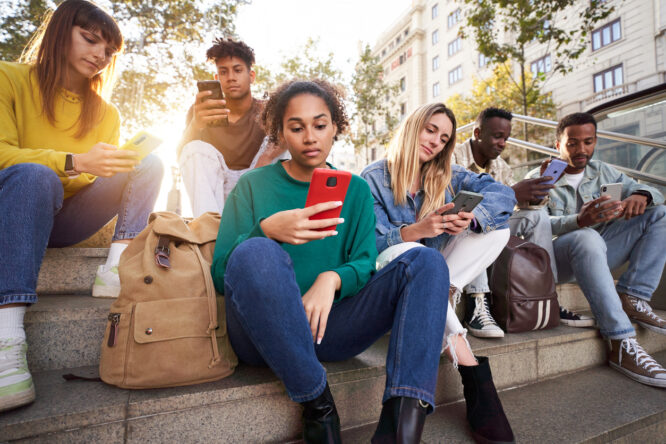
Blasting music without headphones, leaving rubbish behind, or climbing on things not meant for play would’ve been met with sharp glances or direct intervention back in the day. You were taught that shared spaces weren’t yours to misuse. Now, that line’s blurred. Some kids treat restaurants, waiting rooms, or transport like they’re in their own lounge. Part of it comes from adults letting it slide, but it also reflects how public etiquette just isn’t taught in the same way anymore.
13. Constantly correcting or challenging adults
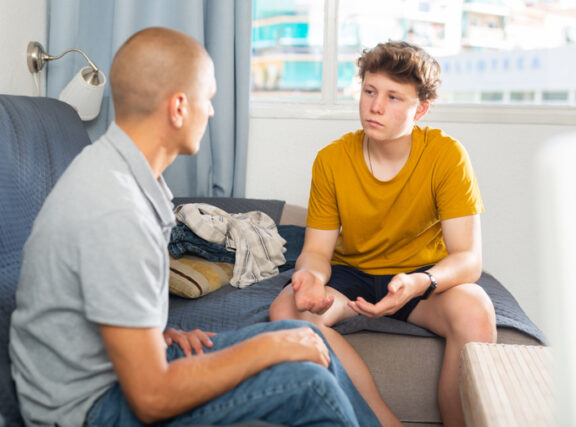
Asking questions was fine, but correcting a teacher mid-sentence or telling your parent they were wrong wasn’t something you did lightly. Respect meant letting certain things slide, even if you didn’t agree. Today, many kids feel more empowered to challenge authority—and while that’s not always a bad thing, it can cross into rudeness fast. The confidence is there, but sometimes the timing or tone just misses the mark.
14. Filming themselves during serious moments
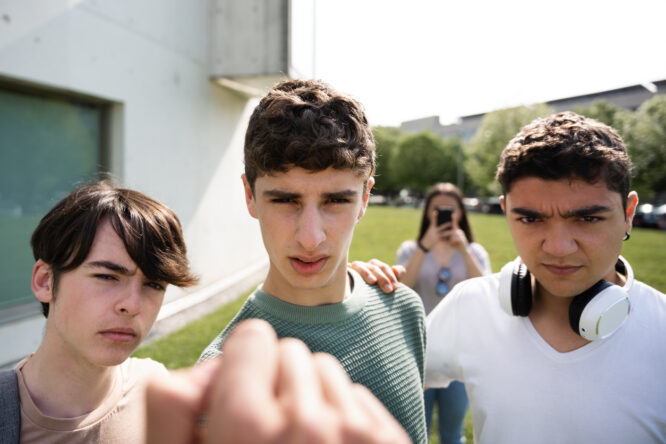
Twenty years ago, if something big was happening—an argument, a crisis, even a funeral—you stayed present, or at least stayed quiet. Whipping out a camera to film your own face would’ve felt wildly out of place.
Now, it’s common to see emotional moments turned into content. Whether it’s crying in the car or venting about family drama, everything feels like it’s one video away from becoming public. That instinct to document over process is a massive change from how things used to be handled.




